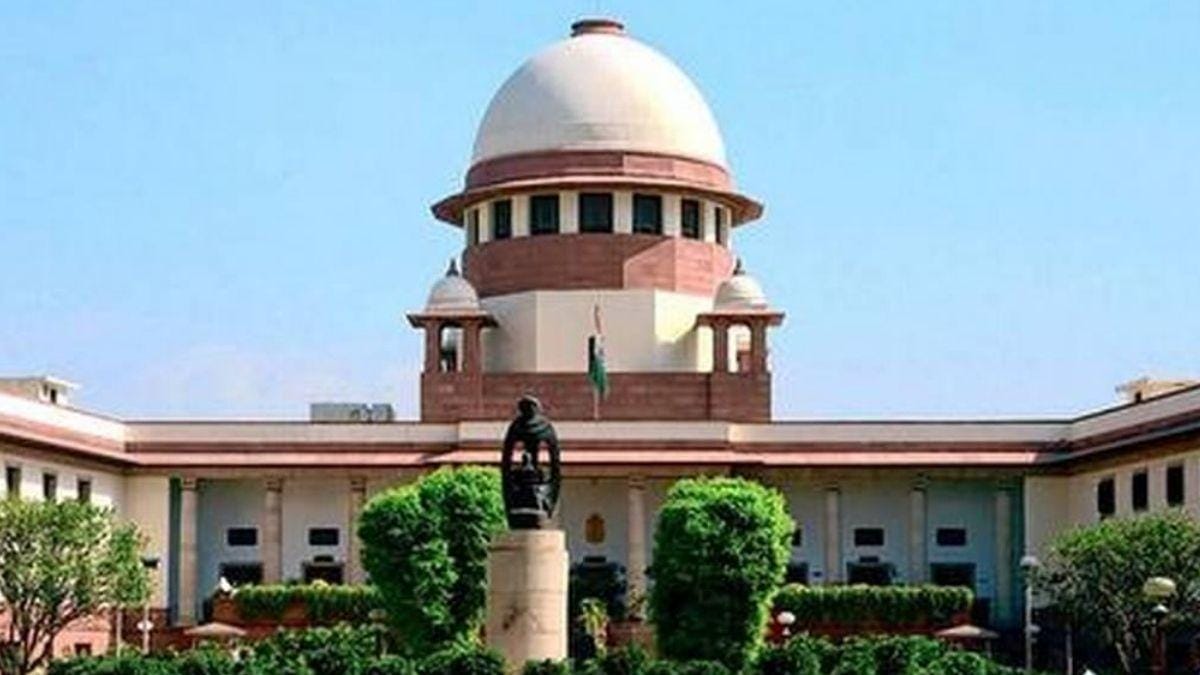In a major judgement, the Supreme Court ruled that daughters have an equal share in the Hindu Undivided Property (HUF) even if the coparceners were not alive at the time of the 2005 amendment of the Hindu Succession Act on Tuesday.
The three-judge bench was hearing a clutch of petitions about the retrospective effect of the 2005 amendment which had granted equal property and inheritance rights to daughters. The SC said that daughters have an equal share on the ancestral property even if the parents were not alive before the enforcement of the amendment and that it is absolute. The 2005 amendment stated that the daughters shall become a coparcener by birth in her own right in a Hindu joint family as the sons and is entitled to the same share and property rights as the sons. This judgement had helped women and their children claim equal share on the property even if she wasn’t alive at the time of the amendment.
“The daughter shall remain a coparcener throughout life, irrespective of whether her father is alive or not,” Justice Arun Mishra said according to a Livelaw report. This legal clarification will dispose off the ambiguity around the 2005 amendment.


